October is ADHD Awareness Month, a whole month devoted to all things ADHD: what ADHD is (and what it isn’t), how it shows up in youth and adults, and the wide variety of supports available once you know that ADHD and Executive Function challenges are part of the picture.

As the director of the ADHD Awareness Month Coalition, I am thrilled to be involved in the dissemination of reliable information to assist adults and children to live well with ADHD. Check out www.ADHDAwarenessMonth.org which is focusing this year on five different topics of interest:
- ADHD relationships and communication
- Comprehensive treatment plans for ADHD
- ADHD parenting
- ADHD and co-occurring conditions
- Diagnosis of ADHD in children and adults
ADHD Awareness Month is excited to feature short video interviews with top ADHD professionals as they share their understanding and expertise:
- Melissa Orlov
- Prof. Samuele Cortese
- Dulce Torres
- Dr. J. Faye Dixon
- Dr. Thomas E. Brown
“I don’t want to make it seem as though pills are the answer to everything because they’re not. It’s also very important to have somebody who understands these things to be able to talk with the person and assess what things might be addressed by medication most effectively, and what things just need to be talked about and thought about and understood, and getting support for it.” ~ Dr. Thomas E. Brown
New video posts will be added weekly, so keep checking back on the www.ADHDAwarenessMonth.org website for experts’ videos, questions and answers about ADHD, myths and facts, as well as ADHD Art, ADHD Memes and ADHD Stories submitted by the public.
Submissions received by 11:59 pm ET on October 28, 2021 will be entered into a random drawing for prizes from Ready Rocker, ADHD Coaches Organization (ACO), Attention Deficit Disorder Association (ADDA) and Children and Adults with ADHD (CHADD).
If you haven’t done so already, sign up for the ADHD Awareness Month mailing list that will keep you informed of updated content and resources during October – and all year long!

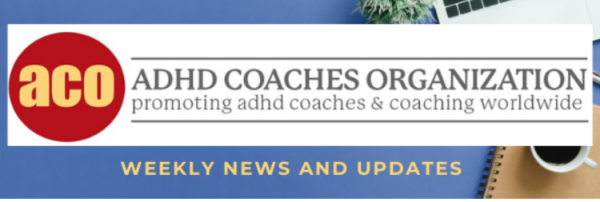
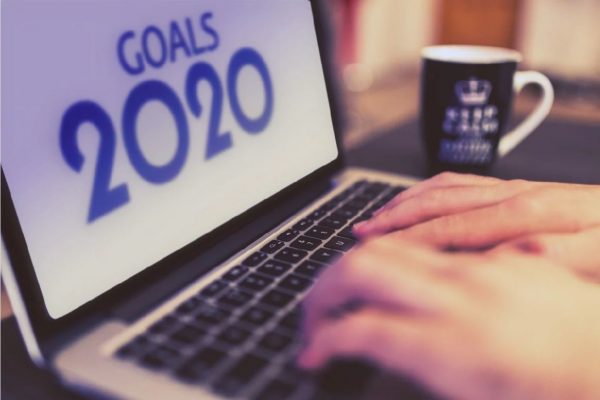 How many times have you caught yourself making a promise to yourself or to someone else, saying “this time it’s going to be different“ without really changing the way you approach the goal? It doesn’t make sense to do the same things over and over and expect different results. There is an alternative.
How many times have you caught yourself making a promise to yourself or to someone else, saying “this time it’s going to be different“ without really changing the way you approach the goal? It doesn’t make sense to do the same things over and over and expect different results. There is an alternative.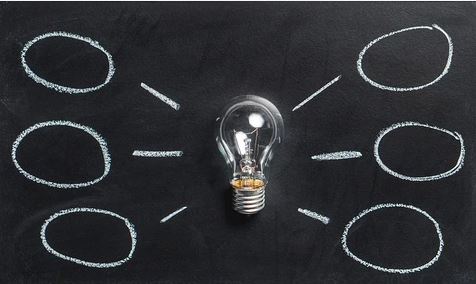 For my piano skills goal, I want to be able to play songs in an Adult Intermediate piano book with ease and have memorized six pieces by the end of the year. I want to do this to push myself a bit, and have fun perfecting a skill that gives me joy.
For my piano skills goal, I want to be able to play songs in an Adult Intermediate piano book with ease and have memorized six pieces by the end of the year. I want to do this to push myself a bit, and have fun perfecting a skill that gives me joy.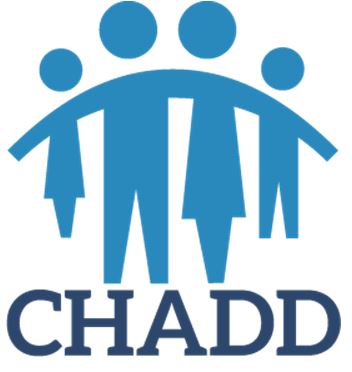
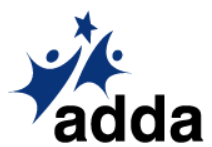
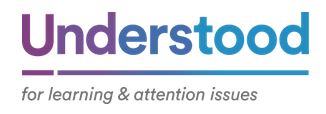
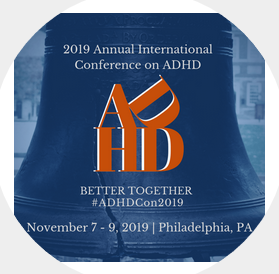

 I am pleased to announce that my colleague, Melissa Knight, and I will be presenting a conference session on the role of ADHD coaching in support of healthy lifestyles. This is an important and timely topic related to research done by Dr. Russell Barkley and the impact of ADHD – and specifically self-regulation – on health outcomes.
I am pleased to announce that my colleague, Melissa Knight, and I will be presenting a conference session on the role of ADHD coaching in support of healthy lifestyles. This is an important and timely topic related to research done by Dr. Russell Barkley and the impact of ADHD – and specifically self-regulation – on health outcomes.